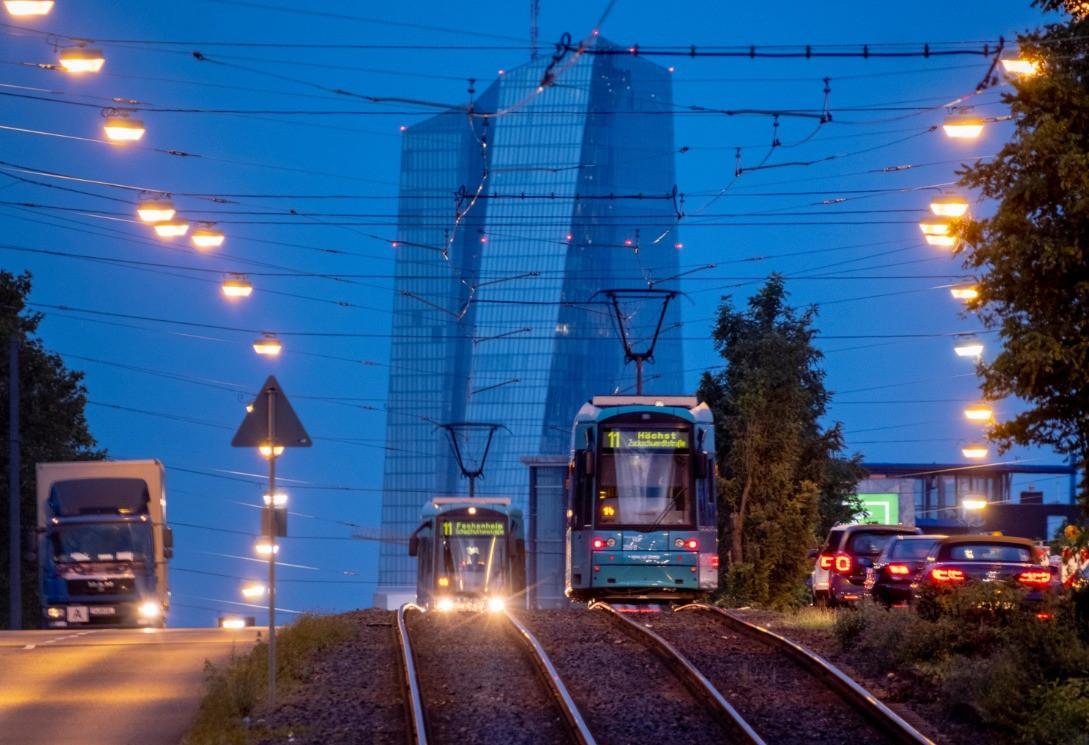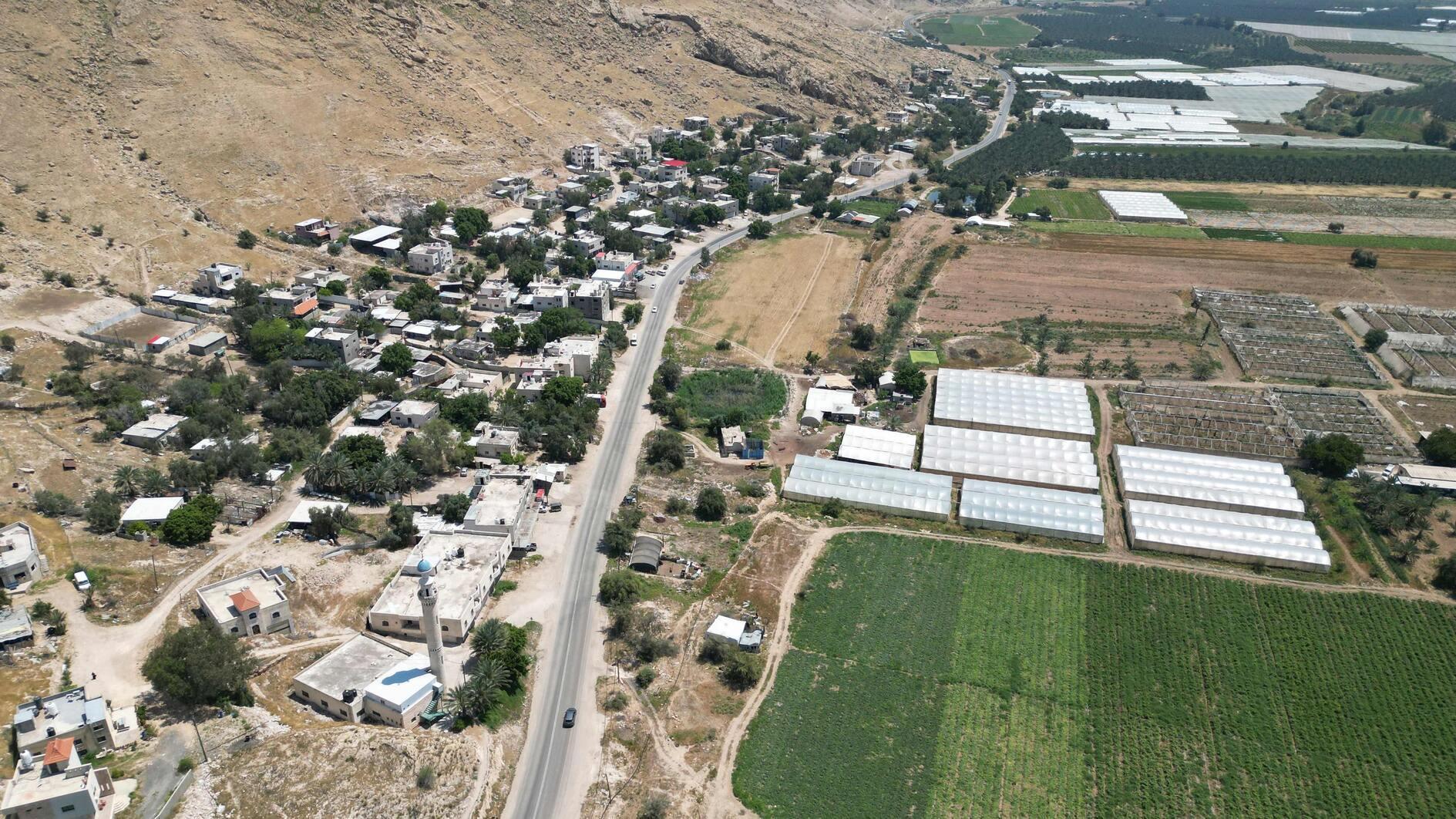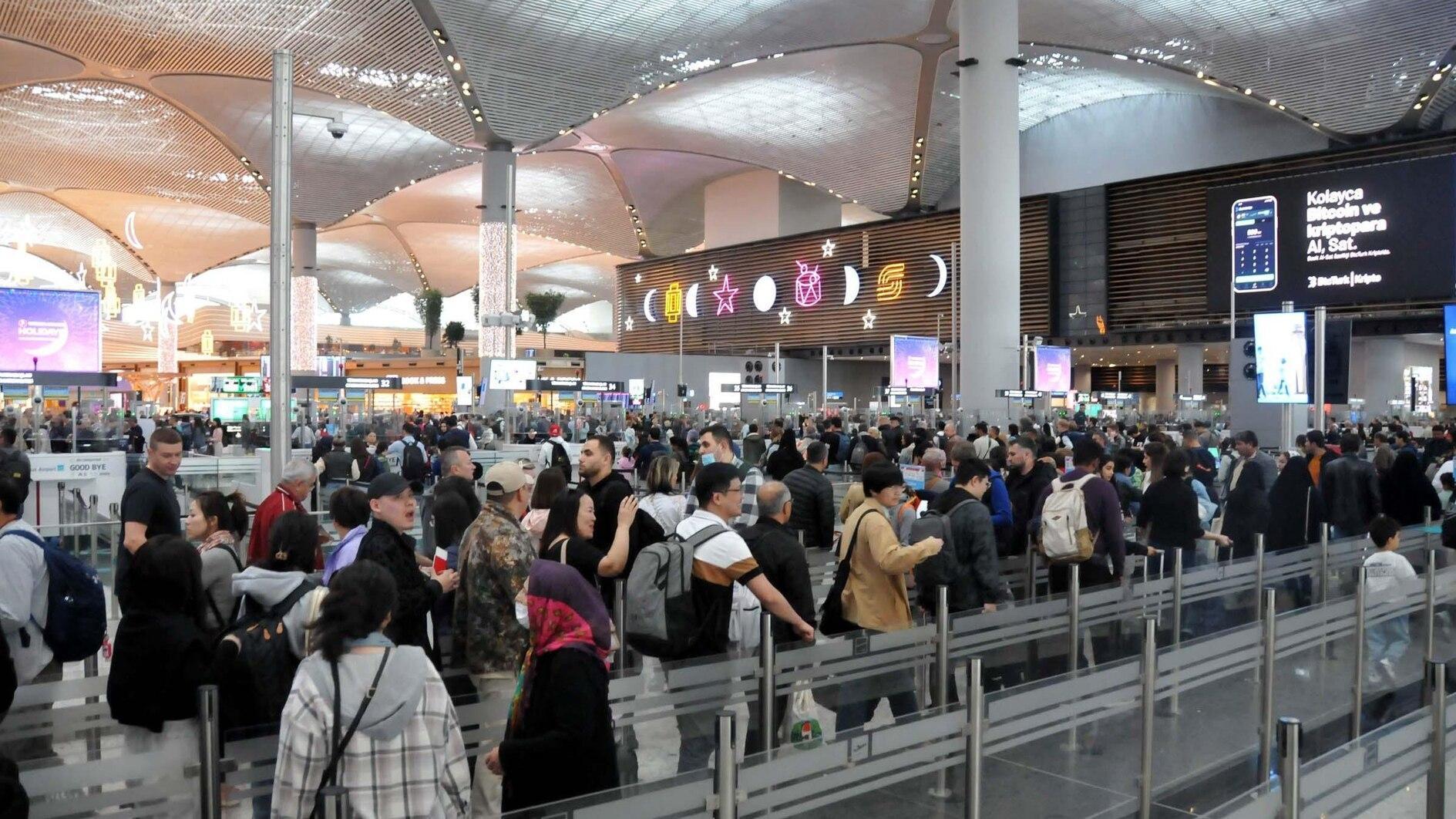ECB rate decision on a knife edge
FRANKFURT

The European Central Bank is walking a tightrope between still-high inflation and a darkening eurozone outlook as it decides whether to lift interest rates again or finally pause its historic hiking cycle.
Whether to raise borrowing costs for a 10th straight time when they meet on Sept. 14 is shaping up to be rate-setters' trickiest decision since the tightening campaign began.
The central bank for the 20 countries that use the euro has already lifted rates by 4.25 percentage points since July last year to combat runaway consumer prices.
But the Frankfurt institution now finds itself in a "difficult spot," HSBC said in a note, as officials struggle to digest competing data.
On one hand prospects for the single currency area are looking bleaker, particularly due to a poor performance in its biggest economy, Germany, which sank into a recession over the winter and is struggling to climb out of it.
Latest data showed eurozone second-quarter growth reached just 0.1 percent, lower than previously estimated, while a recent survey pointed to the economy contracting at its fastest rate in three years as a manufacturing slowdown spread to services.
The weak data has fuelled calls for the ECB to pause the aggressive hiking cycle for fear it could deepen a downturn, and president Christine Lagarde finally opened the door to doing so at the bank's last meeting in July.
But consumer prices, which began surging after Russia's invasion of Ukraine due to galloping energy costs, continue to rise strongly.
This would support arguments for another hike to borrowing costs, with the aim of further depressing demand and slowing inflation.
Consumer price rises came in unchanged at 5.3 percent in August, way above the ECB's two percent target, although closely-watched core inflation - excluding volatile energy and food prices - eased a little.
While inflation has slowed since last year as energy costs fall, officials are now worried that other factors, particularly wage increases in a tight labour market, are keeping it elevated.
The data makes for a "very complicated mixed bag," said ING economist Carsten Brzeski.
"We expect a very heated debate with a close outcome."
Brzeski said he expected the 26-member governing council to opt for one final increase, which would take the closely-watched deposit rate to a record high.
Other analysts, however, are betting on a pause this week, although they also think the ECB might then impose one final hike at a later meeting.
This would be similar to what the US Federal Reserve has done -- taking a break in June before resuming lifting rates again in July.
The Fed and the Bank of England are due to hold their next meetings the week after the ECB.
















